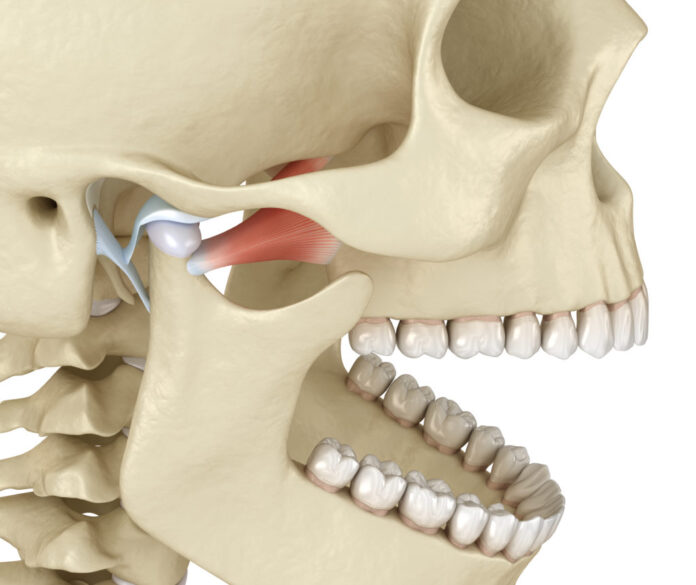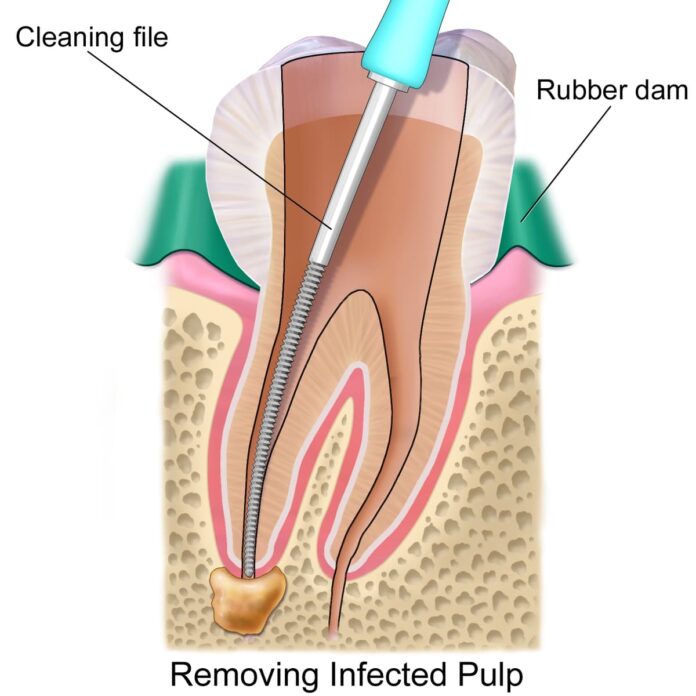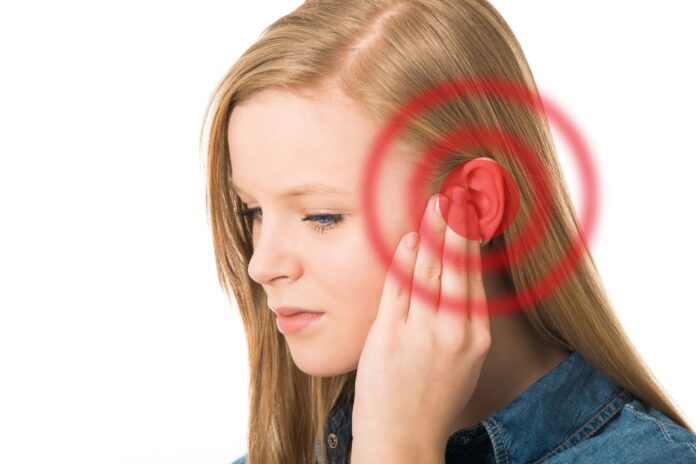Nothing is as painful and distressing as a toothache. Tooth decay can cost you sleepless nights and give you migraines and general body discomfort. Therefore, stop the agony by visiting a reputable dentist near you. Tooth pain in ear can cause infection and bring other complications.
Are the ears connected to the teeth?
You have probably noted a physician will check your ears, nose, and throat any time you complain of pain or discomfort. The three are connected through a network of passageways, canals, and tubes. The connection explains why the doctor will check each area any time you have a problem with one of the organs.
Can oral problems lead to toothache?

Oral health can cause earache. Sometimes, infection in the ears can cause toothache. Here are some health problems that may lead to an ear problem.
-
Temporo-mandibular joint
This is commonly explained as arthritis affecting the mandible joint in your dental arrangement. Temporo-mandibular joints connect your lower jaw with the skull. Therefore, when these joints fail to coordinate with the muscles, joints, and ligaments, a disorder causing earache ensues.
Temporo-mandibular manifests with unbearable pain in the ear. Other symptoms of temporomandibular include:
- Jaw pain
- Headaches and migraine
- Facial discomfort and pain
- Worn teeth
- Dropping jaw
- Sore jaw muscles
- Jaw popping out
Bite Misalignment
A severe tooth infection can misalign the lower jaw. A minor jaw misalignment can cause earache that radiates outward. The nerve that controls jaw movement is deep within the ears and holds the chewing muscles. Consequently, the pain in the jaw directly transmits to the inner ear, leading to the severe discomfort you encounter.
Tinnitus
Earache can drain you emotionally. Infection in the wisdom teeth, abscesses, or temporomandibular joints can cause tinnitus. It is advisable to see your physician; you may recommend a dentist.
Bruxism
Bruxism refers to teeth grinding and can cause several problems, such as damaged teeth, tinnitus, and ear pain. Grinding teeth can severely stress the face, jaw, and neck muscles. Consequently, the tension causes pain in the ears, the side, or the front of the face. Constant grinding of the teeth can damage or break the affected teeth.
Toothache
Toothache can cause ear pain. Common symptoms of toothache include:
- Cavity
- Gum disease
- Tooth injury
- Abscess
Jaw injuries
Any injury around the jaw can cause pain in the ear. A broken jaw, sprain, or any damage in the surrounding muscles can lead to jaw pain radiating to the ear. Seek medical attention if you notice jaw or ear pain shortly after an accident, blow on the head, or fall.
Ear infection
Ear infection can cause earache. The pain can be around or behind the ear. Bacteria or viruses can cause ear infections which can be painful if not treated. Water or wax accumulating in the ear can cause infections. Ear infection can cause fever, congestion, low energy, and general discomfort. Therefore, see a doctor soon if you notice the first symptoms because the pain worsens with time.
Oral infections
Abscess in the teeth can be painful, radiating to the ear. Swelling in the gum and tender spots around the teeth are common symptoms of tooth abscess. Untreated oral infection can spread to the jaw or ear, causing discomfort.
Sinusitis
Sinusitis causes pain by pressing against the inner ear and the teeth roots. Sinusitis is a seasonal allergy with symptoms such as nasal congestion, runny nose, toothaches, and ear pain.
When to see a physician

Do not hesitate to see a doctor if:
- There’s swelling or fever; these are signs of spreading infection
- The pain appears soon after an accident or injury
- The teeth hurt, or the gum is swollen
- Previous symptoms do not improve three days after treatment
- Ear and jaw pain becomes unbearable
When to see a doctor
Many people use over-the-counter painkillers to relieve the pain. However, ibuprofen or Motrin relieves pain for a while because the infection is severe. You can also apply a cold or warm compress on the aching side. See your dentist if you’re sure the pain in your ear is radiating from your mouth and home remedies fail to give relief.
You could be suffering from an abscessed tooth, arthritis, temporomandibular, and other related infections. A reliable dentist can help treat the infection and relief pain to restore your life.
Medical treatment
The dentist may recommend a root canal if you have simultaneous pain in the ear and jaw. A root canal is a medical intervention that eliminates pain once and for all.
It is a routine procedure lasting 30 to 45 minutes in the dentist’s room. Momentary discomfort during the procedure is nothing compared to the pain in the ear and jaw; if neglected.
During a root canal procedure, the dentist cleans and fills the damaged part of the tooth. Later, the gap left behind is filled with a special filling material. The root canal fixes the inner canals in the root of a tooth.

What to expect during a root canal
The dentist determines the exact source of the tooth problem by examining it with an x-ray procedure. Once the dentist identifies the problem, anesthesia is given to the patient to numb the nerves in the jaw. When the patient is comfortably numb in the affected area, the dentist removes the damaged area inside the tooth, known as the pulp. The damaged part of the tooth is responsible for the pain.
The dentist then cleans the area and disinfects the area surrounding the cavity. Once the cavity is clean and disinfected, the dentist fills and seals it with special material which prevents further infection and decay.
Final thoughts
Consider visiting the dentist if you have tooth pain that radiates to the ear. Always consult your physician when you have constant headaches, earaches, and related tooth problems. Detecting tooth problems and seeing the dentist at least twice a year can help you handle problems early.




